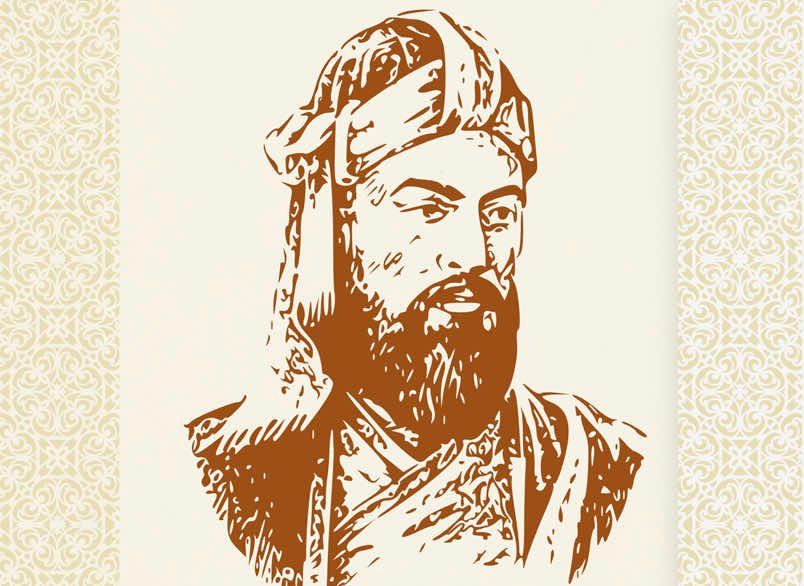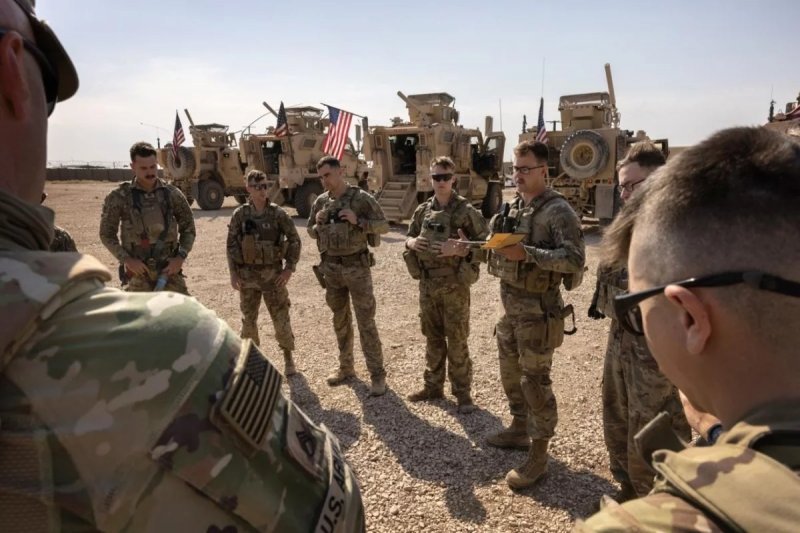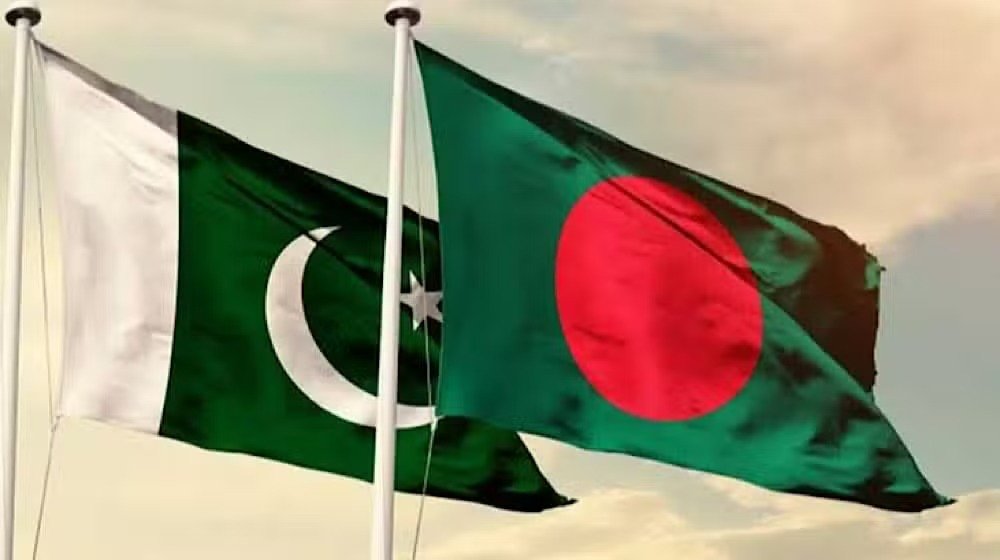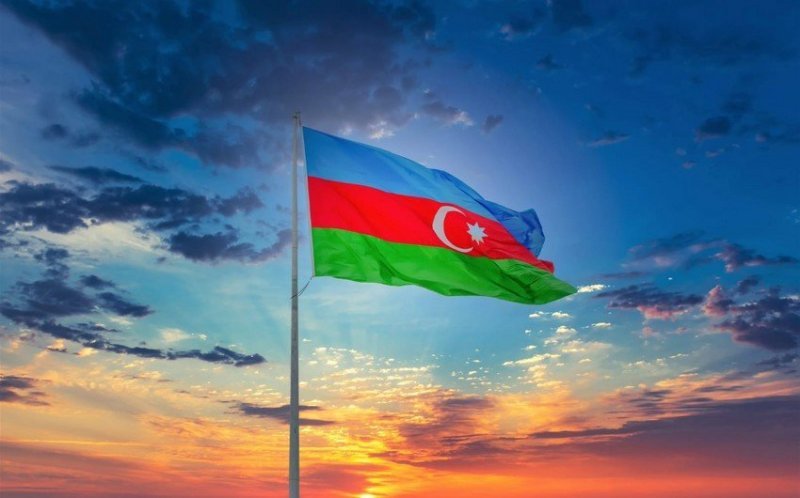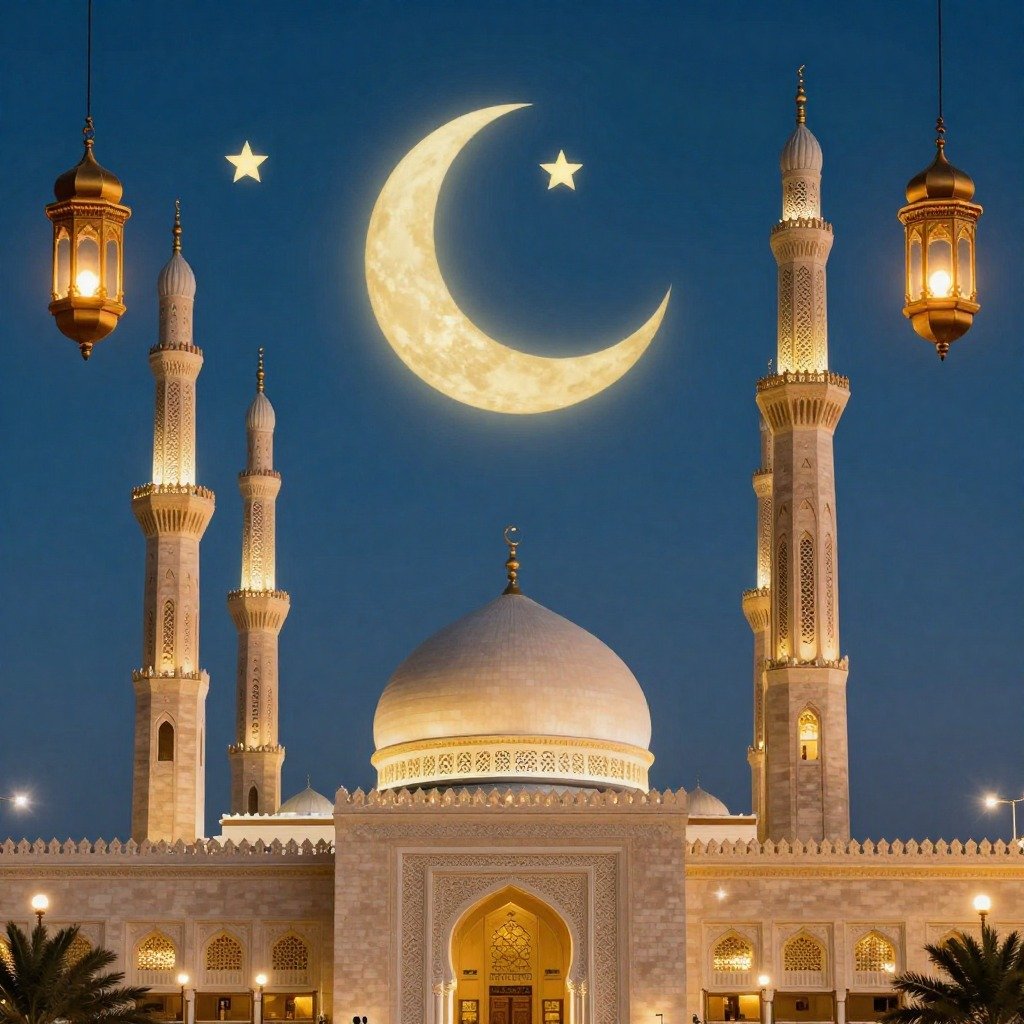The situation in Syria remains a critical focus for the Middle East and the broader Islamic world, with repercussions that extend beyond its borders to countries like Pakistan. Known historically and spiritually as Bilad al-Sham, Syria is central to Islamic history and tradition. The Quran and Hadith highlight its sanctity, with the Prophet Muhammad (PBUH) referring to it as a blessed land. Verses in the Quran speak of blessings upon the lands surrounding Masjid al-Aqsa, which include Syria, further underscoring its importance. This historical and spiritual legacy makes the current turmoil in Syria all the more tragic.
From the Assyrians and Romans to the Islamic Caliphates, Syria has been a cradle of civilizations. It flourished as a hub of culture, trade, and governance during the Umayyad Caliphate, with Damascus serving as the capital of an empire that shaped Islamic identity. However, this legacy of glory contrasts sharply with Syria’s present condition—a land ravaged by war and division.
The Syrian civil war, triggered by domestic grievances but exacerbated by international interference, has transformed the country into a battleground for competing global and regional interests. External powers have exploited sectarian divides, backing opposing factions to advance their strategic goals. The chaos has benefited arms manufacturers, proxy militias, and nations seeking to redraw the region’s political map, ensuring Syria remains fragmented and dependent. Beneath the surface lies a deeper conspiracy—one aimed at diminishing Arab solidarity and weakening resistance against external intervention.
The plight of Syria is not an isolated case but a reflection of broader challenges faced by many Islamic countries. The factors behind such situations are deeply rooted in historical, political, and socio-economic dynamics. Analyzing these factors helps us understand why the Islamic world remains vulnerable to such crises and what steps are needed to avoid similar catastrophes in the future.
One of the most significant reasons is the legacy of colonialism. The arbitrary borders drawn by colonial powers fragmented the Muslim world, creating artificial nation-states that often-grouped disparate ethnicities and sects together or divided cohesive communities. This sowed the seeds of conflict, as these nations struggled to forge unified identities amidst deep-seated divisions.
Another factor is the absence of strong and transparent governance in many Islamic countries. Autocratic regimes, corruption, and a lack of political inclusiveness led to widespread disenfranchisement and discontent among the populace. These conditions create fertile ground for uprisings, which external actors can exploit for their own interests. The lack of democratic mechanisms and effective institutions further exacerbates instability, making it difficult for nations to withstand internal and external pressures.
Economic disparities within and among Islamic countries also play a significant role. While some nations boast immense wealth due to natural resources, others struggle with poverty and underdevelopment. This disparity breeds resentment and weakens the collective bargaining power of the Islamic world. Furthermore, the wealth of resource-rich countries often attracts external meddling, as global powers seek to control these resources by propping up regimes or fueling conflicts.
Sectarianism and the misuse of religious differences have been weaponized to divide the Muslim world. Instead of focusing on unity, certain actors amplify sectarian divides to further their agendas, pitting Shia against Sunni or different ethnic groups against each other. This deliberate strategy weakens Islamic countries from within, diverting attention from common goals and shared challenges.
The lack of unity and cohesion among Islamic countries is another critical issue. While platforms like the Organization of Islamic Cooperation (OIC) exist, they have often failed to play an effective role in addressing the crises facing member states. Disputes between Islamic nations, competing regional ambitions, and the influence of foreign powers have hindered collective action. Without a unified front, the Muslim world remains susceptible to external manipulation and internal strife.
Foreign intervention is a recurring theme in the crises faced by Islamic countries. Global powers often intervene in the internal affairs of these nations under the guise of promoting democracy or fighting terrorism. In reality, such interventions frequently exacerbate conflicts, destroy infrastructure, and destabilize the region. Syria, Iraq, Libya, and Afghanistan are prime examples of how external interference has led to prolonged instability.
Lastly, the lack of investment in education, technological advancement, and economic diversification has left many Islamic countries lagging behind in global competitiveness. This stagnation limits opportunities for growth and progress, leaving these nations vulnerable to exploitation and unable to assert themselves on the global stage.
To address these challenges, the Islamic world must prioritize unity and self-reliance. This involves fostering collaboration among nations, resolving internal disputes through dialogue, and strengthening institutions to ensure transparency and accountability. Economic cooperation, technological innovation, and investment in education are essential to reducing dependency on external powers and building a resilient future.
The situation in Syria and other crises in the Islamic world serve as stark reminders of the consequences of division and disunity. They call for a renewed commitment to the values of justice, compassion, and collective responsibility as prescribed in Islamic teachings. Only by embracing these principles can the Muslim world overcome its challenges and reclaim its rightful place as a beacon of peace and progress.
The crisis in Syria and similar conflicts in the Islamic world serve as painful reminders of the consequences of division and disunity. To overcome these challenges, the Muslim world must prioritize unity, self-reliance, and collective action. This requires fostering collaboration among nations, resolving disputes through dialogue, and strengthening institutions to ensure good governance and accountability. Economic cooperation, technological innovation, and investment in education are critical for reducing dependency on foreign powers and building resilience.
As Syria endures its trials, the lessons of the Quran and Hadith remind the global Muslim community of its duty to alleviate suffering and foster justice. The Quranic assurance that “after hardship comes ease” offers hope for a better future—not just for Syria but for all nations striving for peace, justice, and harmony. The Syrian crisis is a call to action for the Muslim world to reclaim its strength and uphold the values of justice, compassion, and unity that lie at the heart of Islamic teachings.

Muhammad Mohsin Iqbal is the Director General National Assembly Parliament House Islamabad.

Director General National Assembly Parliament House Islamabad.

